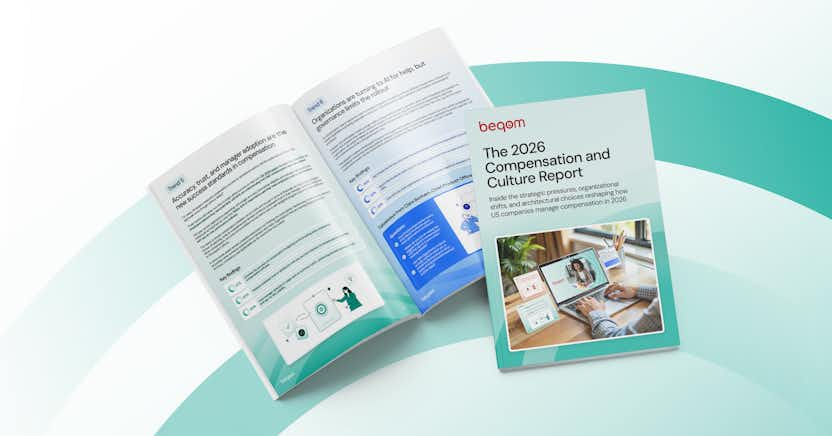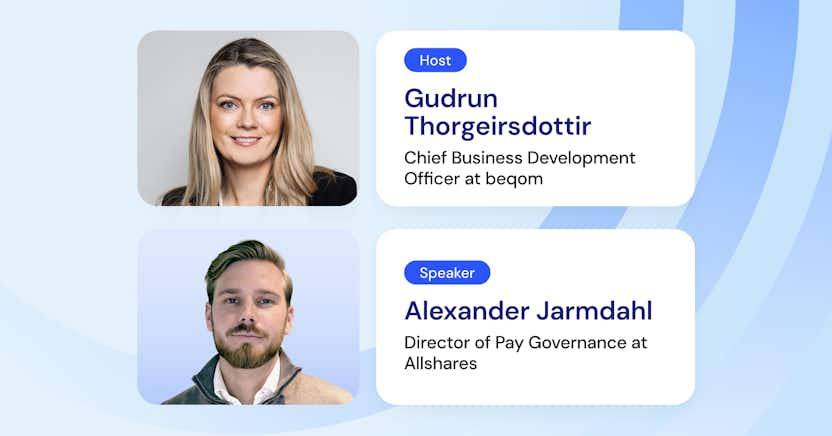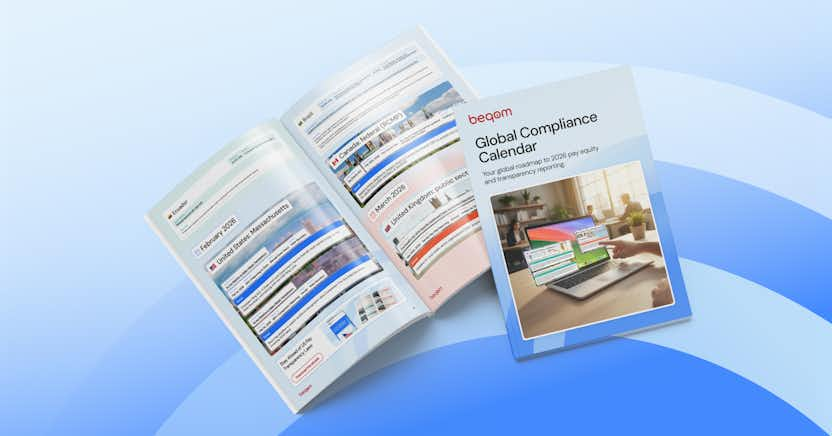
Learn more about the following beqom products
While the pace of change in business continues to accelerate, 2025 presents a unique moment for HR and Compensation leaders. With AI reshaping workforce expectations, evolving pay transparency laws, and a new generation of employees prioritizing personalization and purpose, compensation strategy has become a central lever in attracting and retaining talent.
Based on recent research and conversations with HR leaders, here are three top compensation goals to consider in 2025:
1. Strengthen Your Employer Brand with a Purpose-Driven Rewards Strategy
In a competitive hiring environment, compensation is more than a financial transaction — it’s a signal of what your company values. Today’s talent evaluates employers not just on salary, but on fairness, transparency, growth opportunities, and how well compensation aligns with company values.
According to a 2024 Glassdoor survey, 73% of job seekers said they would not apply to a company that had a poor reputation for how it pays employees. A thoughtful rewards strategy that aligns with employee values can elevate your employer brand and foster lasting loyalty.
To compete in 2025:
- Align compensation with career progression and performance transparency.
- Communicate clearly how pay decisions are made.
- Ensure rewards reflect employee priorities, including mental health, flexibility, and sustainability.
2. Embrace Personalization and Flexibility in Total Rewards
With Gen Z now firmly established in the workforce and Gen Alpha starting to appear in internships and entry-level roles, expectations for workplace flexibility and individualized rewards are higher than ever. Our research has shown that 70% of employees would switch jobs for more personalized or flexible compensation packages.
Whether it’s flexible hours, mental wellness stipends, location-based pay adjustments, or custom incentive structures, flexibility is now a baseline expectation. The goal for 2025 is to build reward structures that adapt to the individual, not just the role.
How to stay ahead:
- Offer flexible work and compensation models tailored to employee needs.
- Use AI and data to understand workforce preferences and performance patterns.
- Replace one-size-fits-all reward models with dynamic frameworks.
3. Modernize Compensation with AI-Enabled Technology
Legacy compensation processes — spreadsheets, emails, and manual approvals — cannot keep pace with the complexity of today’s reward strategies. In 2025, organizations must shift toward intelligent, automated compensation systems that are agile, data-driven, and transparent.
Compensation platforms now go far beyond simple workflows — they integrate with performance management, equity analysis, and workforce planning tools. And they provide predictive insights that help leaders make timely, informed decisions.
Investing in compensation technology helps:
- Ensure compliance with evolving pay transparency laws.
- Increase fairness and accuracy in reward decisions.
- Provide dashboards and insights that engage employees and empower managers.
Is Your Compensation Strategy Ready for 2025?
The pressure to compete for talent, maintain equity, and meet employee expectations has never been higher. Make 2025 the year your compensation goals drive lasting business impact.
Contact beqom to see how our compensation and pay equity platform can help you achieve your 2025 goals.







